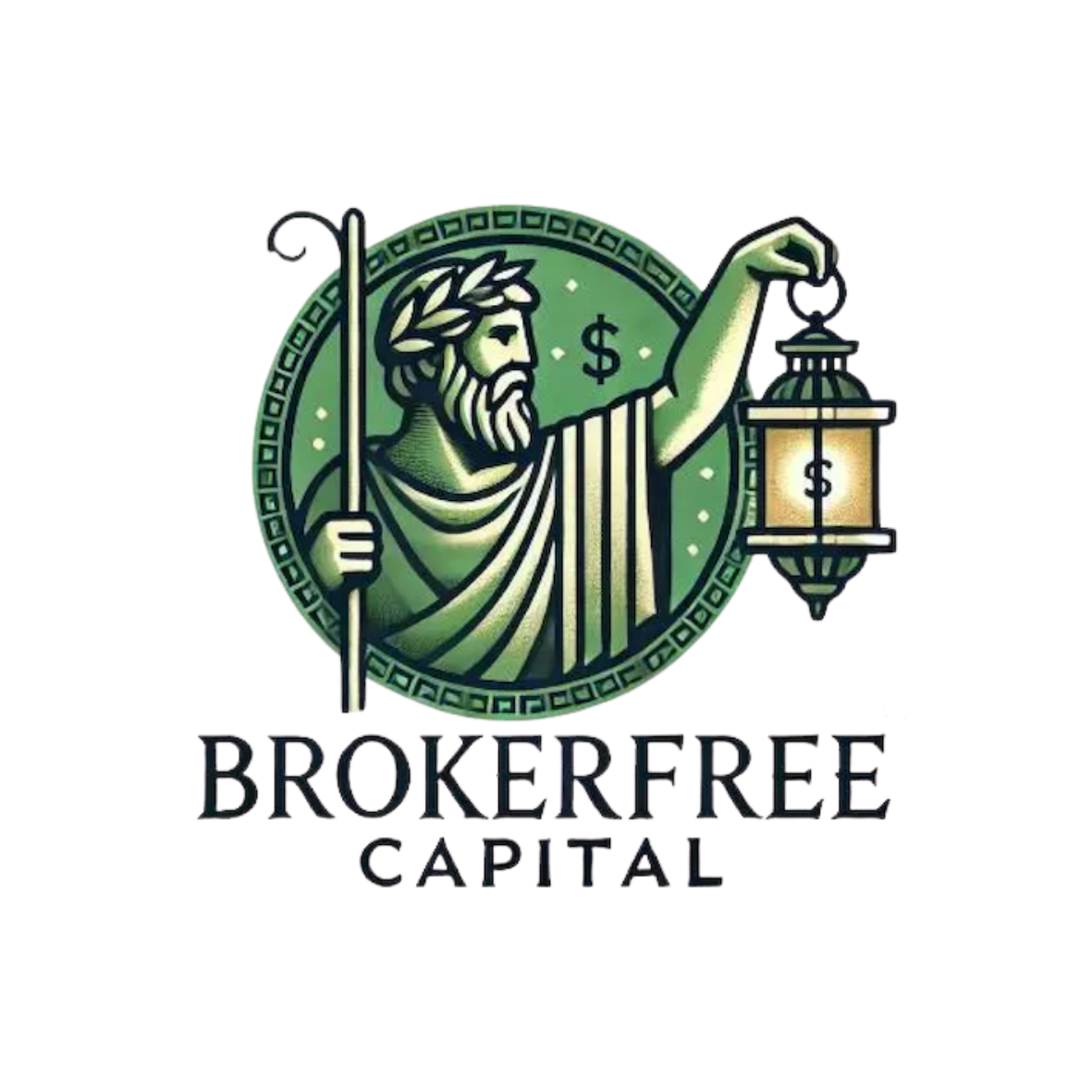Remember that scene in Fargo? Jerry Lundegaard walks into his rich father-in-law Wade’s office with a $750,000 investment opportunity, and for once, the numbers actually look good. Wade and his accountant, Stan Grossman, agree—it’s a solid deal. But instead of lending Jerry the money, they want to own the deal themselves. Why? Because they want all the upside, not just the finder’s fee they’re offering Jerry. But Jerry, ever the hapless negotiator, insists he needs to own the deal, and for his trouble, he’s laughed right out of Wade’s office.
Now, replace Jerry with your average startup founder, and Wade with your bank. Welcome to the reality of startup loans.
Banks and Startups: Like Oil and Water
Here’s the cold, hard truth: banks don’t want to take on all the risk for your startup. Just like Wade and Stan, banks are thinking, Why would we take the financial hit if this doesn’t work out? Startups are risky, unpredictable, and most of them fail—there’s no sugarcoating it. And no matter how genius your business idea is, the bank is asking itself, Where’s the security?
Because if there’s one thing banks hate, it’s uncertainty. They’re not going to bet on your future success with their money unless you can offer them something solid in return—something that guarantees they’ll get their money back, even if your startup doesn’t make it. And if you can’t offer that security?
Security, Security, Security
Here’s how banks and lenders think when they hear the word “startup”:
1. Security: What are you putting on the line? Personal assets, collateral, a soul-binding contract? If you can’t offer something tangible in return, banks will turn you down faster than Wade turned down Jerry.
2. Track Record: Banks love lending to businesses with a proven track record. If you’re just starting out and don’t have a single penny in revenue, you’re asking them to take on a whole lot of risk. And they don’t like risk.
3. Profitability: Banks want to see businesses that are already bringing in revenue—solid, reliable revenue that makes them feel warm and fuzzy inside. Your future profitability doesn’t matter to them. They want profits now, not later.
Why Lenders Don’t Gamble on Startups
Now, you might be wondering, Why won’t they just take a chance on my startup?
Because, my friend, banks and lenders are not in the business of gambling. They’re in the business of making money. And as much as you believe in your brilliant idea, the bank doesn’t have the luxury of running on optimism. They run on cold, hard cash flow and balance sheets. Unless you’ve got some rock-solid collateral to back up that loan, they’re not interested in putting all their money on the line.
Think about it from their perspective. If your startup tanks (and let’s be honest, most do), what’s in it for them? They’re left holding the bag, and that’s not a position they want to be in.
What This Means for You
Look, I’m not saying you’re out of options. Far from it. But what you need to understand is that banks are like Wade in Fargo. They’re not going to put all the cash into your business idea and take all the risk while you sit back and (hopefully) succeed. If they’re going to lend to you, they want security, and lots of it.
So what does that mean for you as a startup founder looking for a loan? You need to start thinking like a lender. What can you put on the table to make them feel secure? Can you offer collateral? A rich father-in-law who doesn’t mind footing the bill?
And most importantly, you need to start thinking beyond the traditional bank loan. In the next part of this series, we’ll dive into alternatives that don’t require you to hand over your firstborn or a blood oath.
Stay tuned, and don’t be Jerry.
Related Posts
Business Loans for Startups, Part 1: Why Banks Won’t Touch Your Brilliant Idea with a Ten-Foot Pole
Business Loans for Startups, Part 2: Defining a Startup and Why Banks Still Want a Track Record
Business Loans for Startups, Part 3: The Path to Responsible Funding
